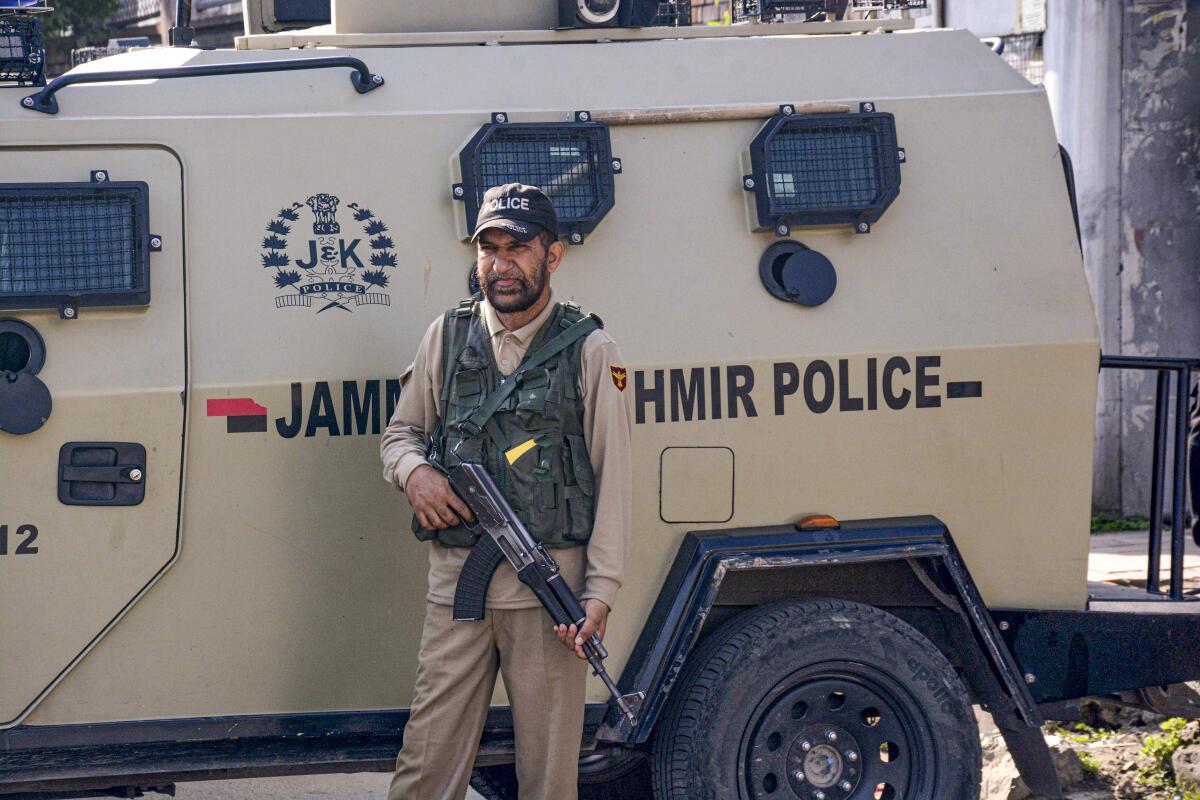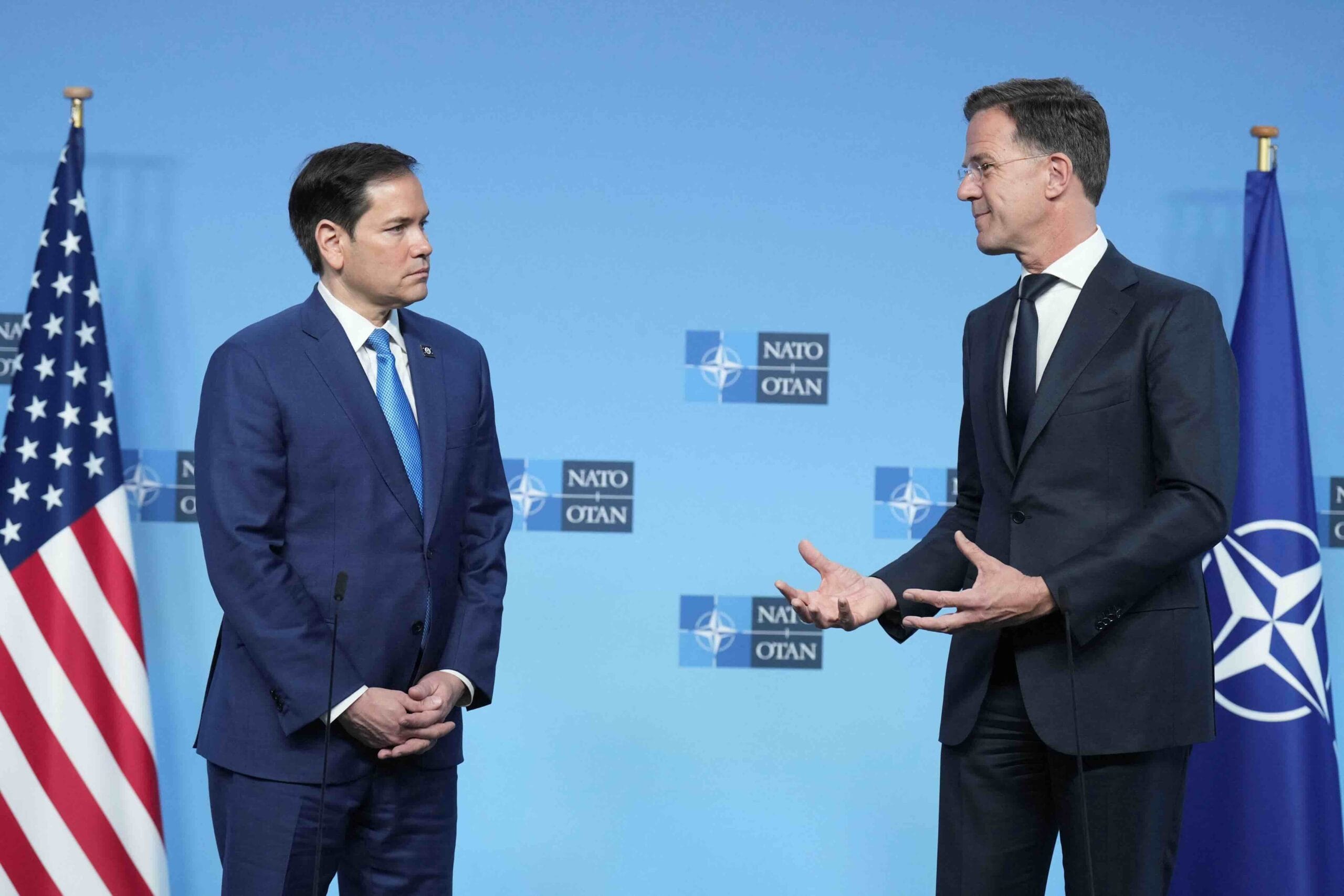France’s political elite were shaken this week when Prime Minister François Bayrou was removed after losing a no-confidence motion in the National Assembly. The failure comes in a series of government collapses during the Macron era, reinforcing how precarious executive power has become in a parliament divided along ideological fault lines. Acting quickly, President Emmanuel Macron appointed Defense Minister Sébastien Lecornu as the new prime minister today — a gesture aimed at conveying competence and continuity at a time when the presidency is in danger of looking stuck.
Category: Commentary
Thailand’s Brewing Political Crisis Tests Institutional Tensions
Thailand’s political instability is becoming worse. The Constitutional Court dismissed Prime Minister Paetongtarn Shinawatra for unethical behaviour in a leaked phone call with former Cambodian leader Hun Sen, which angered citizens and heightened mistrust across all political parties. The chat, which was leaked amid a border crisis, contained language that was perceived as overly respectful, which infuriated the public and led to a prompt court ruling.
Saiyaara: The Bollywood’s Enlightening Star Redefining the Marketing Imagination
Helmed by Mohit Suri and starring fresh faces Ahaan Panday and Aneet Padda, the July 2025 launch of Saiyara defied the conventions of Bollywood. Despite lacking star power, connections to well-known franchises, the film impressively garnered nearly ₹200 crore within just nine days of its release, cultivating a garnered acclaim as one of the year’s best emotionally resonant cinematic experiences. This outcome was not a mere coincidence; it stemmed from astute marketing strategies rooted in behavioural science, emotional branding, and a digital-first approach to communication. The movie’s return on investment transcends mere financial gain; it encapsulates a profound experience.
India is Experiencing a ‘Grief-Tech’ Revolution: AI Bots Mimicking the Dead are Causing a Stir
A new wave of artificial intelligence (AI) products, often called “grief bots” or “ghostbots,” is coming into the memory-driven marketplaces that provide emotional assistance. This […]
Beyond Bans, Teaching Digital Street Smart
With social media bans, censorships, and sweeping online restrictions gaining ground globally — often framed as a cure for the collective anxiety of parents — it’s time to ask the harder questions: Are these bans actually doing any good? Do they address the root cause of the problem, or are they just quick-fix bandages on deeper wounds? We’re well aware of the internet’s pitfalls: doomscrolling, algorithmic echo chambers, and subtle indoctrination.
Creative Economy and Mental Health: The Balance between Passion and Well-Being
The creative economy includes industries like design, media, art, and entertainment, thrives on passion, innovation, and artistic expression. It contributes remarkably to global economies, with UNESCO reporting that the cultural and creative industries generate $2.25 trillion annually and employ 30 million people worldwide. Yet, behind the vibrancy of this sector lies a common issue: the mental health challenges faced by creative professionals.
2+2=5, the Mathematical Fallacy Distorting Truth through Politics
In George Orwell’s 1984, “2 + 2 = 5” is used a metaphor of power over truth i.e., if the government regime says something is true, you’re forced to believe it. In this commentary, I will explore this simple arithmetic falsehood that is often used metaphorically to represent government propaganda, symbolising the manipulation of truth across different periods of modern history, including the World Wars and contemporary times. I will also interpret this fallacy in the context of the Kashmir’s Pahalgam terror attack by Pakistan-backed militants.
Decoding the Pahalgam Terror Attack through an Intelligence Lens
While my previous article (commentary) discussed the potential link between these two attacks and how they fit into the ongoing proxy conflict between India and Pakistan — more specifically between their respective intelligence agencies, namely the Research and Analysis Wing (R&AW) and the Inter-Services Intelligence (ISI) — in this article, I argue that Pakistan’s military, particularly its Special Service Group (SSG) (Pakistan’s special forces), must be behind this attack, with planning support from the ISI-backed groups, Lashkar-e-Taiba (LeT) and The Resistance Front (TRF).
Is the Pahalgam Attack a Retaliation for the Jaffar Express Hijacking?
While it’s speculative, I find a connection with the unfortunate event of the targeted killing of Hindus by Islamic terrorists in Pahalgam yesterday, which fits within highly recognisable pattern of proxy conflicts and covert retaliatory attacks that have long characterised India-Pakistan dynamics especially around Kashmir and Balochistan. The connection forms in such a way that the Pahalgam attack, perpetrated by militants of the Pakistan-linked terror outfit The Resistance Front (TRF), is directly a predecessor to the Jaffar Express hijacking (11th March 2025), which was carried out by militants of the Balochistan Liberation Front (BLA), an outfit that Pakistan claims has links with India.
The Hinge in American Transatlantic Defence
Over the past three years, the transatlantic alliance has demonstrated considerable cohesion in evolving geopolitical dynamics and shifting domestic priorities. The alliance has demonstrated considerable cohesion by delivering substantial military aid, enforcing strict economic sanctions, and contributing over €185 billion in support of Ukraine. Yet, as Russian aggression persists and public support in parts of Europe diminishes, the strategic landscape has changed with a potential return of a Trump. Under this emerging paradigm, the U.S. strategy has anticipated a pivot away from military engagement and extensive financial assistance to Ukraine and press European partners to assume a larger share of the defence burden.









